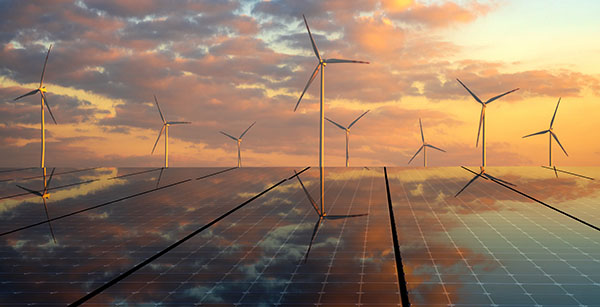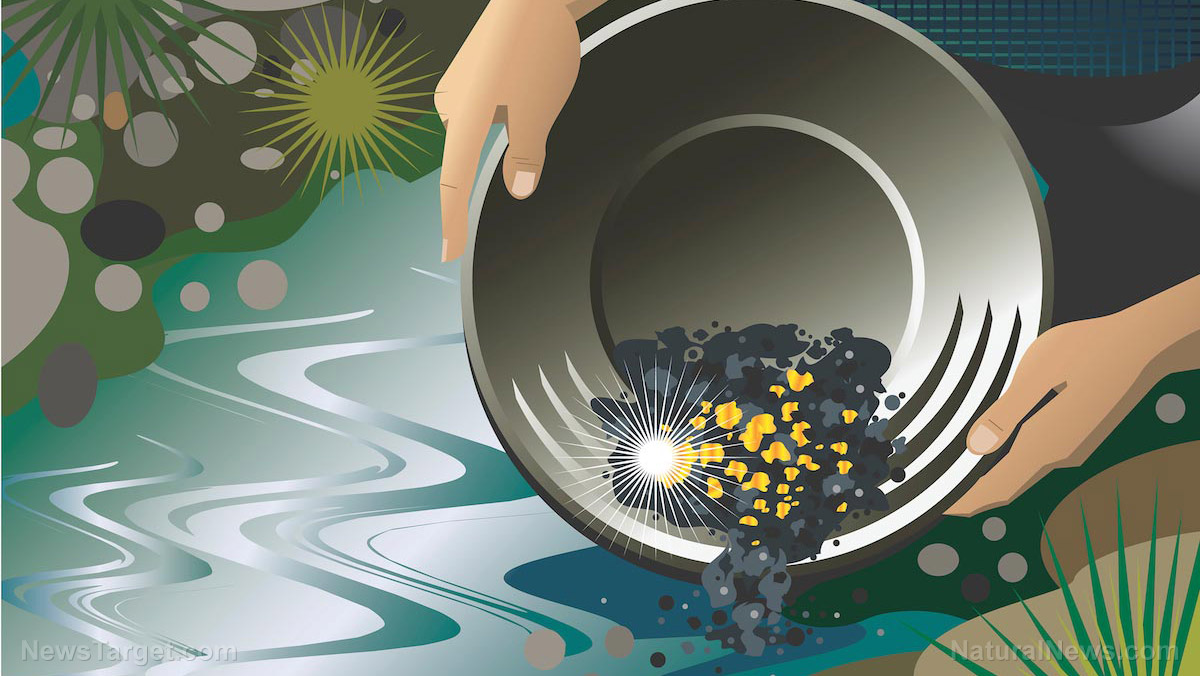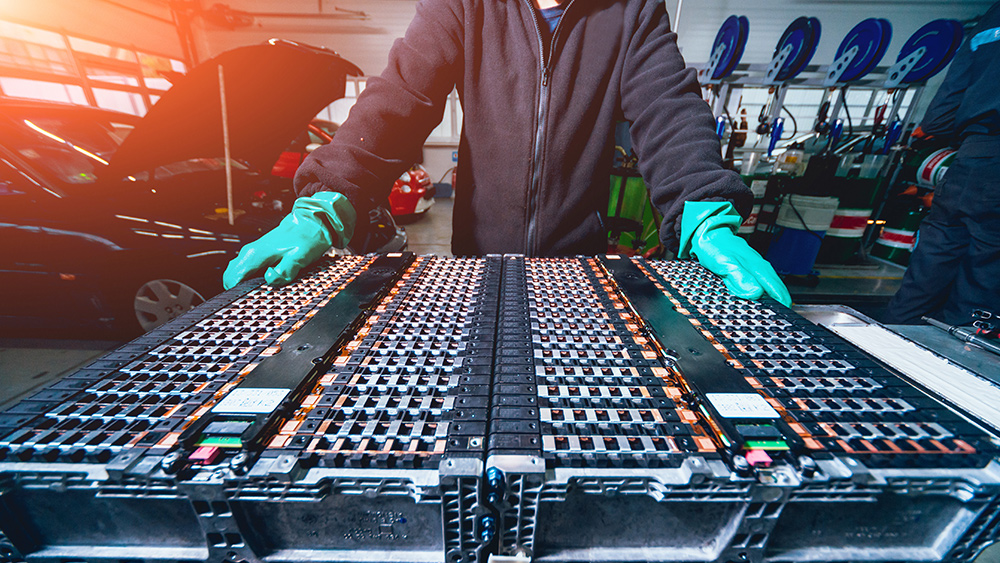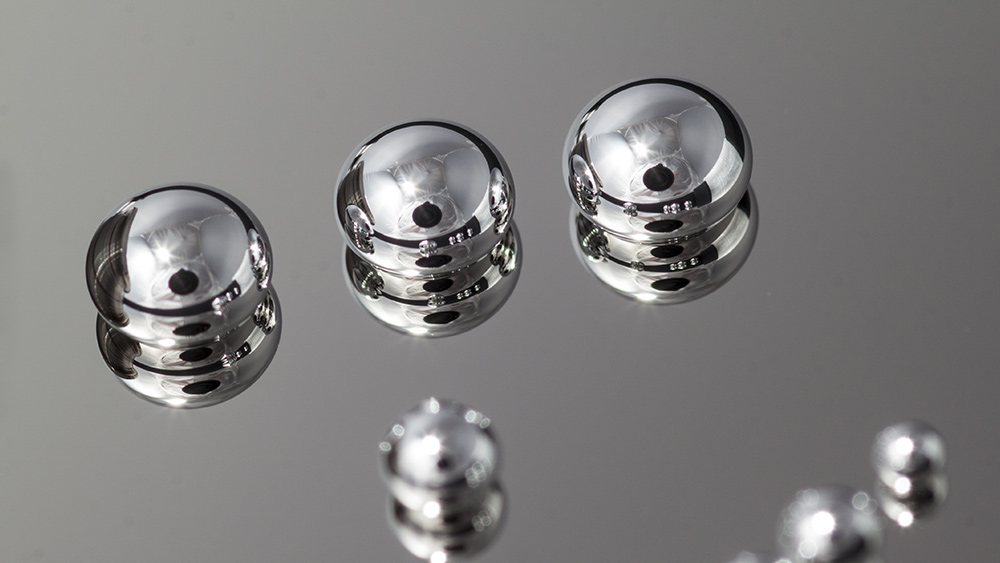GREEN SHORTAGE: Lack of lithium preventing Indonesia from becoming a global hub for EVs
05/17/2023 / By Arsenio Toledo

Indonesia’s goal of becoming a global hub for electric vehicles (EVs) and for the production of EV components has one great obstacle in front of it: a lack of lithium.
Indonesian Coordinating Minister of Maritime and Investment Affairs Luhut Binsar Pandjaitan noted in a statement made in February that the country is on the cusp of an EV battery revolution, but it still lacks a guaranteed supply of lithium for this goal to become a reality by 2025. To remedy this, Indonesia is turning to Australia.
“Australia is the best candidate to develop the EV battery industry [of Indonesia] because half of the world’s lithium is found in the country of the kangaroo,” said Pandjaitan. (Related: Big Tech demand for cobalt drives SLAVE MINES in the Congo.)
Before Indonesia can get expanded access to Australian lithium, its ongoing EV battery projects will continue to face major hurdles.
A $1.1 billion EV battery factory that broke ground in Karawang, east of Jakarta, in September 2021 is facing major obstacles due to a significant long-term shortage of lithium. The project, a joint venture between multiple South Korean and Chinese firms working with the state-owned Indonesian Battery Corporation, is dealing with inevitable “regulatory issues” that have delayed work on the project.
The Karawang plant is part of a nearly $10 billion project by the Indonesian government to create an integrated supply chain for lithium-ion battery production, which involves nickel mining, smelting and refining in Indonesia and precursor and cathode manufacturing.
The crucial component – lithium – is unfortunately still missing and making this supply chain incomplete. Indonesia will require up to 70,000 tons of lithium hydroxide annually to produce enough cathode material for its lithium-ion batteries.
Indonesians who already have EVs facing whole host of difficulties
While the above-mentioned problems inhibit Indonesia’s ability to become a global hub for the production of EV batteries in the future, Indonesian residents who already have electric cars are facing even more difficulties.
Arwani Hidayat, a resident of the capital of Jakarta and the owner of an EV, noted that he can really only drive his car within the Jakarta metro area.
“It has become increasingly easy to find charging stations in the Greater Jakarta area,” he said in an interview with The Jakarta Post. “Driving to other provinces, on the other hand, is still a little bit more challenging.”
Hidayat put his EV to the test once by driving over 1,100 kilometers (684 miles) from Jakarta to Bali. He noted that the trip was only possible by staying overnight in three different cities to charge his car.
This is due to the exceptionally minimal charging infrastructure in the country. Indonesia only has 439 charging stations in 329 locations, a vast majority of which are located on the island of Java, the country’s most populated island and where Jakarta is located. Meaning, driving EVs is only viable on the island of Java and only convenient enough within the Greater Jakarta area.
State-owned electricity corporation PLN estimated that to accommodate the nearly 330,000 EVs it expects to ply Indonesian roads by 2030, the country will need to build 31,000 new charging stations.
Meanwhile, to accommodate the even quicker growth in fully electric motorcycles, the Indonesian Energy Ministry and the Agency for the Assessment and Application of Technology estimate that the country needs over 52,000 battery-swapping stations.
Around a third of these stations will be located in Jakarta, with the rest spread out all over the country.
To build 31,000 new commercial charging stations by 2030, Indonesian taxpayers and private corporations alike will have to shell out over 54.6 trillion Indonesian rupiah ($3.67 billion).
Learn more about the hidden cost of electric vehicles at RoboCars.news.
Watch this documentary explaining how the extraction of rare minerals is the dark side of the green energy transition.
This video is from the channel Divide Et Impera on Brighteon.com.
More related stories:
Lithium supply not large enough to meet ambitious global EV deadlines, mining CEO warns.
Sources include:
Submit a correction >>
Tagged Under:
batteries, battery swap stations, cars, charging stations, electric car battery, electric cars, electric vehicle battery, electric vehicle infrastructure, electric vehicles, energy supply, environment, Indonesia, lithium, metals, power, rationing, scarcity, supply chain
This article may contain statements that reflect the opinion of the author
RECENT NEWS & ARTICLES
COPYRIGHT © 2017 METALS NEWS


















